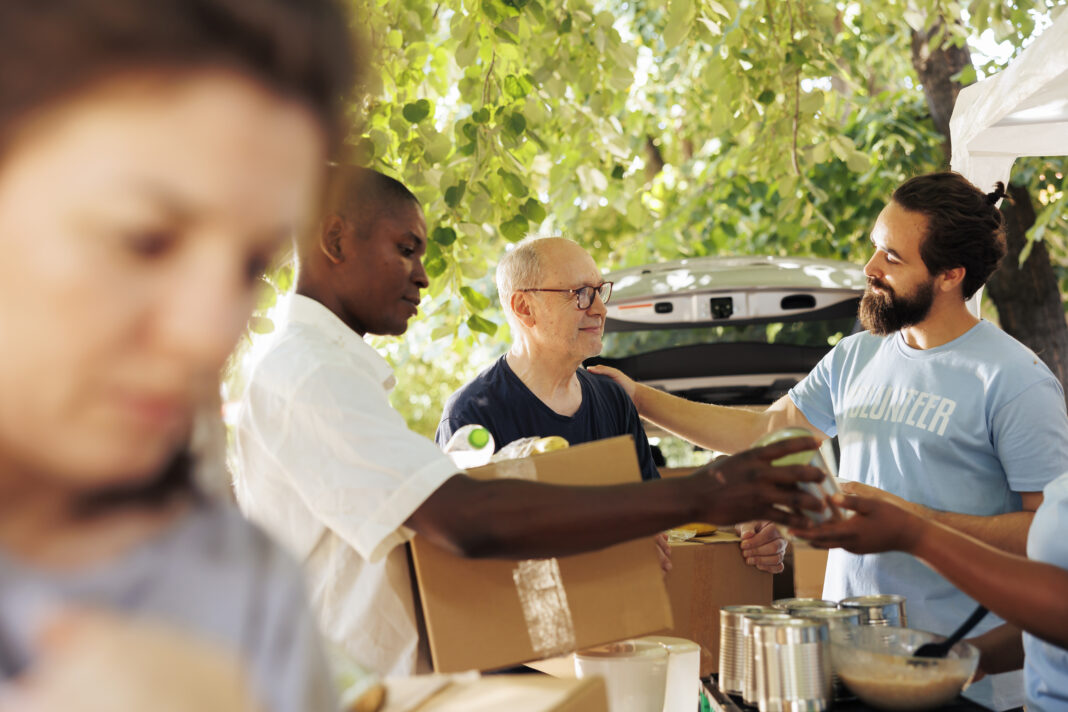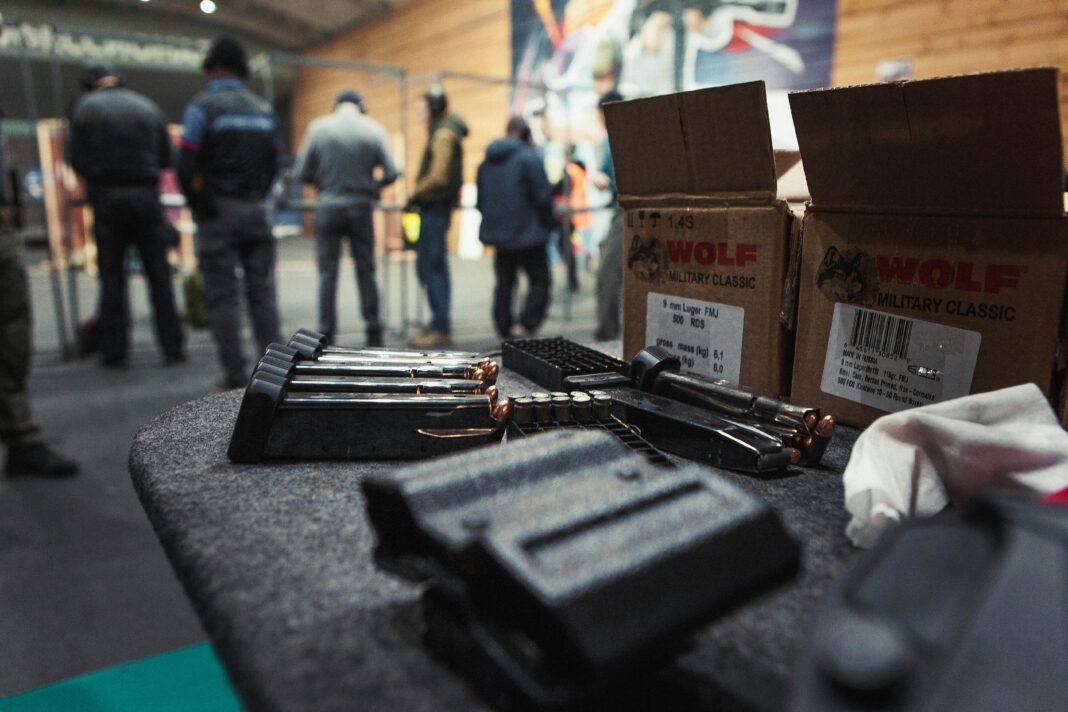Introduction
Los Angeles, CA – October 6, 2025 — A new community initiative in Los Angeles is drawing widespread attention for its compassionate and effective approach to helping homeless veterans transition into permanent housing and sustainable employment. The “Homes for Heroes” program, launched in early 2025 by the city’s Department of Community Development in partnership with several nonprofit organizations, has already placed more than 120 veterans into safe, affordable homes within its first six months.
The rapid success of the initiative underscores both the seriousness of the city’s homelessness crisis and the power of collaboration between government agencies, nonprofits, and everyday citizens.
The Initiative
According to program data, Homes for Heroes focuses on veterans who have been homeless for more than six consecutive months or who struggle with service-related trauma such as PTSD or substance abuse. The initiative provides a comprehensive network of support—covering housing, health care, therapy, and employment training—to ensure long-term stability rather than temporary shelter.
The city converted three unused municipal buildings into transitional housing centers equipped with basic amenities, communal kitchens, and counseling rooms. Each veteran enrolled in the program receives a personalized recovery plan managed by a dedicated caseworker.
City records indicate that the program has achieved an impressive 70% success rate in transitioning participants into long-term housing within 90 days, with several now serving as mentors for new entrants.
Statements from Officials
Mayor Karen Delgado praised the initiative’s results, saying:
“Our veterans have already given this country their courage and their best years. They deserve dignity, stability, and hope. Homes for Heroes is proof that when compassion meets coordination, lives can be rebuilt.”
Director of Community Development Anthony Ruiz highlighted the importance of continuity and scalability:
“This initiative is not a one-time effort. We are building a sustainable, repeatable model that can be adopted by other cities across the nation. Our long-term goal is to make veteran homelessness a thing of the past.”
Local nonprofits such as Green Roots Foundation and Angel Hands LA have played an instrumental role in outreach and volunteer mobilization. “Every meal served, every room cleaned, and every conversation shared helps our veterans heal,” said Maria Lopez, a program coordinator. “The impact goes far beyond housing—it restores pride and community.”
Broader Context: Veteran Homelessness in America
Across the United States, the Department of Housing and Urban Development (HUD) reports that more than 33,000 veterans experience homelessness on any given night. California alone accounts for roughly a third of this number, making it the state with the highest concentration of homeless veterans.
Experts point to rising housing costs, untreated trauma, and lack of accessible health care as root causes. Community-driven programs like Homes for Heroes are emerging as vital solutions, combining government resources with grassroots action to deliver measurable results.
Advocates are urging other large cities—including Phoenix, Chicago, and Houston—to replicate Los Angeles’ model, emphasizing that the program’s success stems from local partnerships and continuous support networks, not just funding.
Conclusion
The Homes for Heroes initiative is more than a policy—it’s a lifeline for those who once felt forgotten. As the city prepares to expand the program into neighboring counties next year, both officials and residents are optimistic that it will serve as a long-term blueprint for veteran rehabilitation nationwide.
For many participants, the transformation has been profound: from sleeping under bridges to holding steady jobs, paying rent, and reconnecting with family.
City leaders say the mission is far from over, but the message is clear—when a community stands together, even the hardest battles can be won at home.




